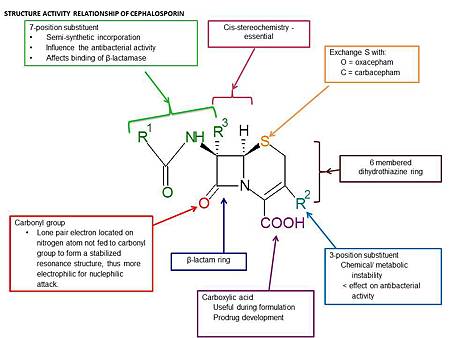
Two combinations of other drugs worked well, but both had substantial side effects.
Antibiotic resistance has become so pervasive among strains of Neisseria gonorrheae that, as of 2007, cephalosporins were the only CDC-recommended agents for treating U.S. patients with gonorrhea. Now, even cephalosporins are no longer completely reliable agents in some parts of the world, leaving no good options for gonorrhea patients in whom treatment fails or in those with true cephalosporin allergies.
Researchers evaluated two combination regimens for treating uncomplicated urogenital or pharyngeal gonorrhea in almost 600 patients (most men). Patients were randomized to receive 2 g of oral azithromycin plus either 240 mg of gentamicin intramuscularly or 320 mg of oral gemifloxacin. The microbiologic rationale for these regimens: Azithromycin is not recommended for use alone against N. gonorrheae because of rapid emergence of resistance; gentamicin is used successfully for gonorrhea treatment in some parts of the world; and gemifloxacin is an oral quinolone with in vitro activity against ciprofloxacin-resistant N. gonorrheae.
A microbiologic cure was achieved by all patients who received azithromycin plus gentamicin and by all but one who received azithromycin plus gemifloxacin. (This single failure probably represented reinfection rather than treatment failure.) Both regimens carried a sizeable risk for gastrointestinal side effects — nausea in 28% to 37% of patients and diarrhea in 18% to 23%.
COMMENT
[Although both of these tested combinations are effective, the frequency of side effects (which reflects the known toxicity of such high doses of azithromycin) means they cannot serve as more than stop-gap measures until better alternatives are available.] Still, in the interim, these options can be helpful for treating individual patients.
Abigail Zuger, MD reviewing Kirkcaldy RD et al. Clin Infect Dis 2014 Oct 15.
CITATION(S):
Kirkcaldy RD et al. The efficacy and safety of gentamicin plus azithromycin and gemifloxacin plus azithromycin as treatment of uncomplicated gonorrhea. Clin Infect Dis 2014 Oct 15; 59:1083.
[PubMed® abstract]





 留言列表
留言列表
 線上藥物查詢
線上藥物查詢 